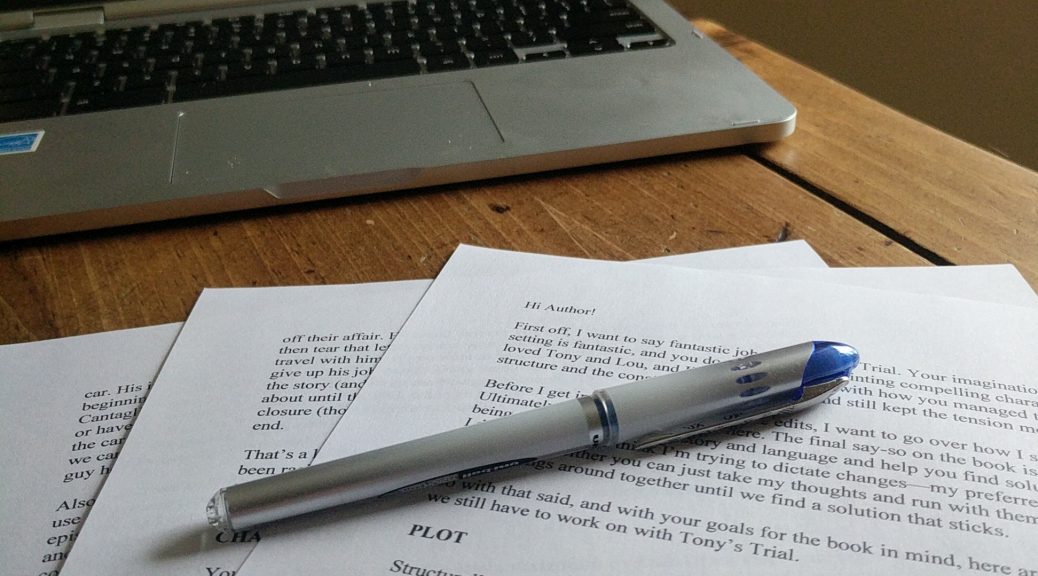Developmental Editing Swaps
Sometimes, an editor (or a writer) wants to trade service for service rather than paying someone for developmental editing. We call this a developmental editing swap. Swaps can be an inexpensive, efficient way to get other eyes on your manuscript. They can also lead to frustrations, wasted time, and torched relationships with friends and colleagues. Here we’ll offer a few tips so you can good results rather than bad.
Find a good match
All developmental editing relationships, whether they’re swaps or paid, live or die on the strength of the match between editor and writer. That’s as true of a swap as it is of a commercial relationship. If you’re friends with an editor who specializes in cozy mysteries, but you’re writing gritty noiresque thrillers, the two of you may not benefit all that much from a swap, even if your technical skills and communication are strong. If you and your swap partner both specialize in feminist epic fantasy set in pseudo-medieval Africa, but you have vastly different ideas about what makes a good narrative, you might still not benefit from a swap, despite your shared genre. Look for someone who understands what you’re trying to do with your book, who thinks it’s awesome, and who can help you do it better.
Set deadlines
Developmental editing swaps, like other informal working arrangements, get frustrating if one party finishes their work quickly and the other lingers for weeks or months. But because most editors have to juggle unpredictable amounts of paid work with the unpaid work of a swap, manuscripts in a swap are likely to get pushed to the bottom of the to-do list whenever something else crops up at work (or in life). To make sure that doesn’t happen, agree to a timeline with your swap partner before you start. Many creative people, editors included, leave projects to the last minute. So if there’s no last minute, it’ll never get done.
Temper your expectations
In developmental editing, you tend to get what you pay for. So temper your expectations of a swap. Yes, you’re providing something of value when you edit someone else’s work, but that’s not the same as providing them with the ability to keep the lights on and pay the rent. Swaps can be a helpful, profitable way to keep the costs of producing a book down. They can be enjoyable, if you pick the right partner. They can even get you top-quality editing. But understand going in that they’re not a shortcut to success. They’re just an alternate path.
Next we’ll describe developmental editing steps. Or you can return to our developmental editing resources.









